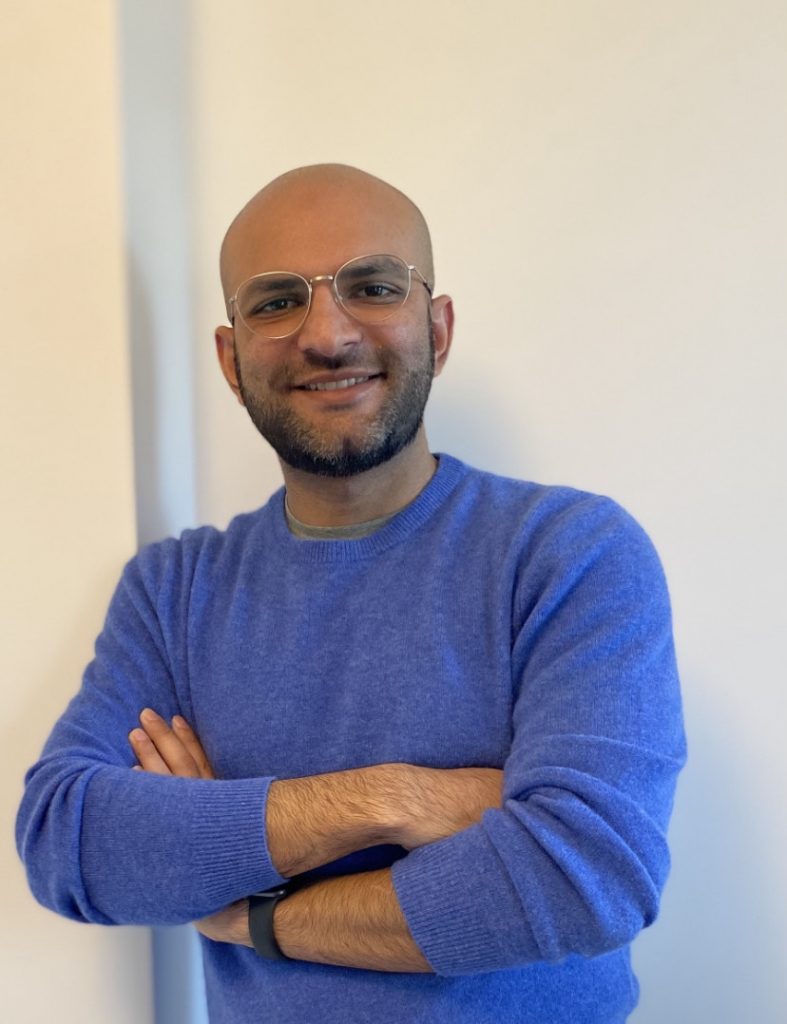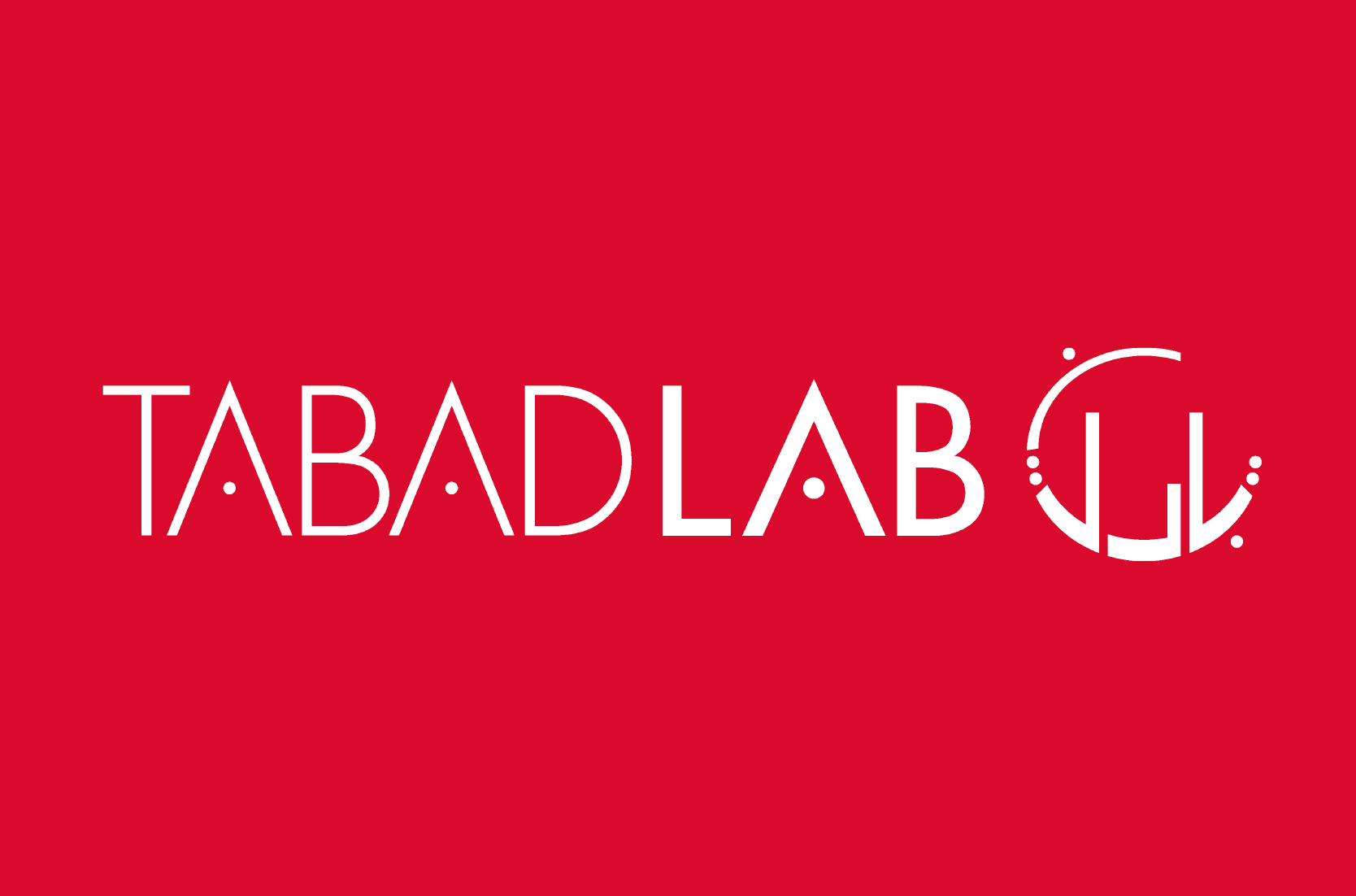It started off as an entirely selfish idea: I wanted to speak with experts to deepen my understanding of Pakistan’s economy, its challenges, and the opportunities on offer. But I very quickly realized that the podcast could be a place where nuanced, in-depth conversations on important topics could occur without the partisan and polarized rancor we see on mainstream and social media.
The long-term goal is to put quality content and conversations out there for a younger generation to absorb and learn from. It’s not just about highlighting issues and their solutions. I want younger Pakistanis to identify opportunities on offer in Pakistan and innovate. This is only possible by learning from successful people in the country and the hope is that listeners will be empowered to drive change over time.



Uzair Younus is a manager at Dhamiri, a strategic innovation firm where he helps clients develop product-society fits and become a genuine force for progress. He also serves as Visiting Senior Policy Analyst for South Asia at the United States Institute of Peace. He was previously a director in the South Asia practice at Albright Stonebridge Group, advising clients on crisis management, market entry, and government relations engagement in the South Asian region.
Uzair frequently writes for Dawn and has been quoted in several publications including Bloomberg and CNBC.
He earned his M.A. in Law and Diplomacy with a concentration in Economic Policy and South Asia from The Fletcher School of Law and Diplomacy at Tufts University.

Tabadlab seeks to understand, interpret and analyze how change happens. It does so by working with businesses, governments, development partners, non-profits, and leaders that want to engage in improved outcomes for people, communities, countries and regions. Tabadlab’s researchers believe that 21st century public policy is formulated at the intersection of evidence (cutting-edge research and data), media and politics. Negotiating better outcomes for all people requires bridging the divides between individuals and groups that operate within an environment that often rewards short-term private interests at the expense of the long-term collective good.

Pakistonomy is podcast hosted by Uzair Younus and presented by Tabadlab.